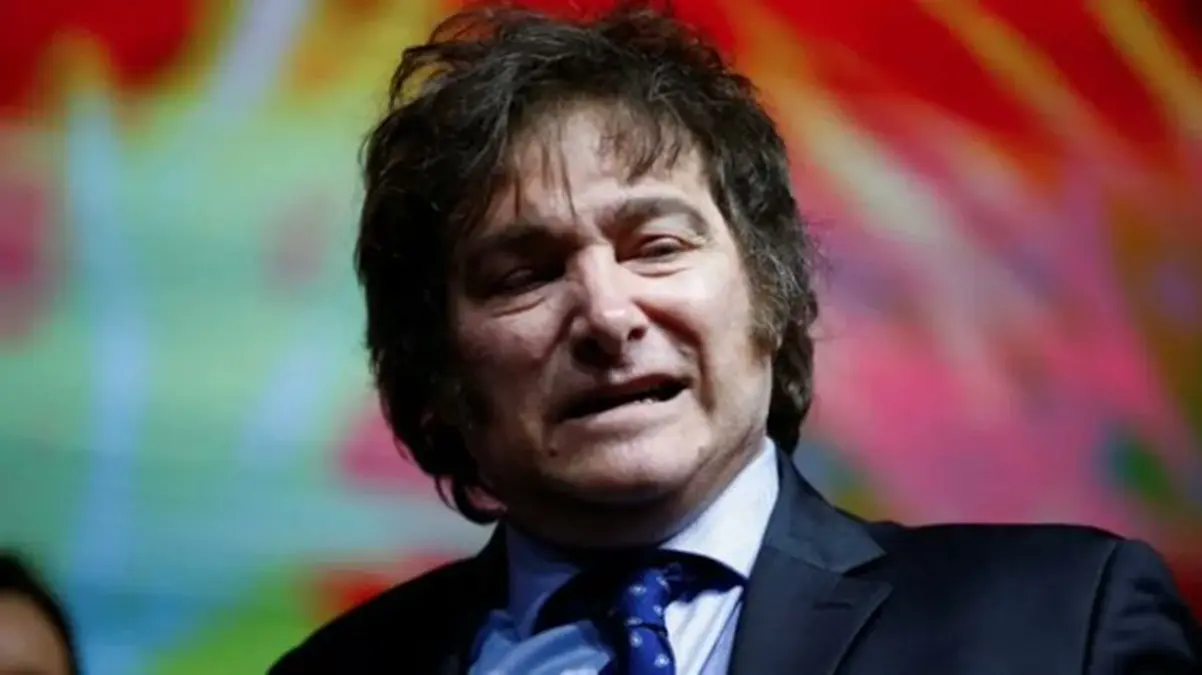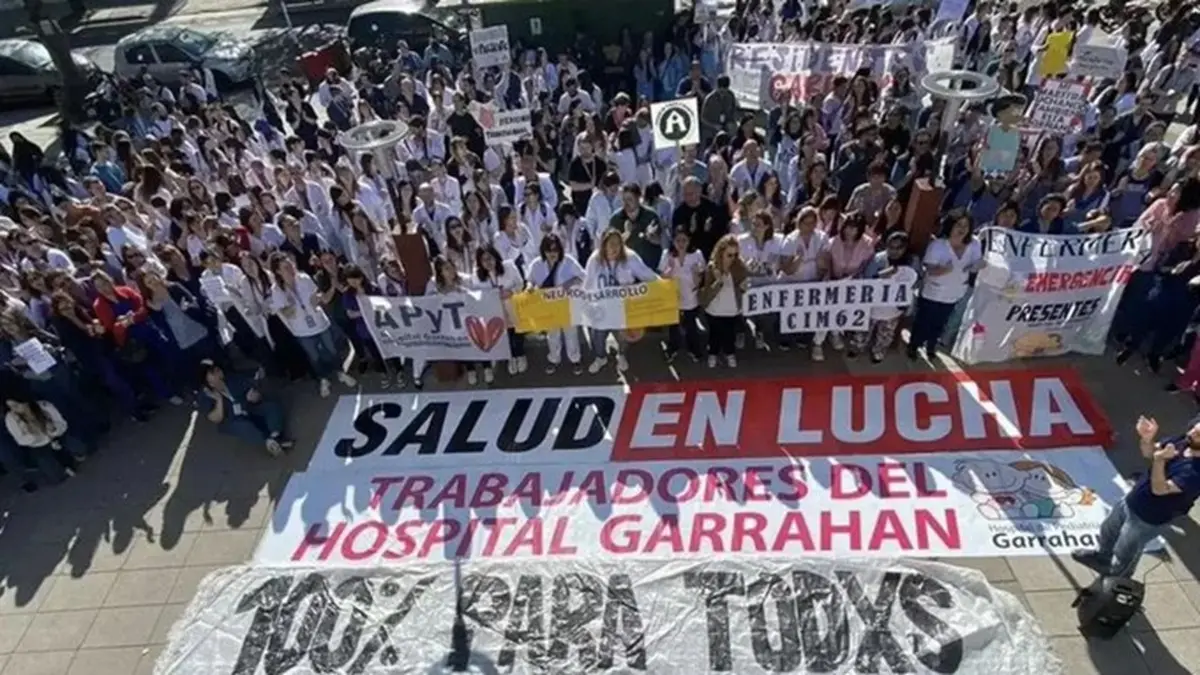Cristina Fernandez de Kirchner Denounces Supreme Court Decision

Kirchner now has five days to formally report to federal authorities, though she may request house arrest, likely serving her sentence in Buenos Aires or her native Santa Cruz.
June 10, 2025 Hour: 7:23 pm
The Supreme Court, composed of Justices Rosatti, Rosenkrantz and Lorenzetti, unanimously rejected all appeals filed by Kirchner’s defense, terminating her conviction in the Vialidad case.
Cristina Fernández de Kirchner has denounced the Supreme Court’s decision to confirm her six-year prison sentence and her lifetime disqualification from holding public office as a “slamming of the people’s will”, orchestrated by Argentina’s concentrated economic powers.
RELATED:
Argentina mobilizes as Supreme Court threatens political future of Cristina Fernández
Speaking in front of the Justicialist Party headquarters, surrounded by supporters, she framed the ruling as part of a broader strategy to weaken Peronism ahead of key elections, drawing parallels with the 2019 judicial maneuvers that sought to undermine its political influence.
The Supreme Court, composed of Justices Rosatti, Rosenkrantz, and Lorenzetti, unanimously rejected all appeals from Kirchner’s defense, finalizing her conviction in the Vialidad case. The timing of the ruling—just one month before candidate registrations open in Buenos Aires—has fueled accusations of political interference, with Kirchner suggesting it aims to disrupt her leadership role in the opposition. She compared it to past judicial attacks on progressive leaders, insisting it exposes the judiciary’s alignment with economic elites rather than democratic principles.
Kirchner also launched sharp criticism at President Javier Milei’s economic policies, warning that his reliance on foreign debt, wage suppression, and austerity will inevitably collapse. “This won’t have a happy ending,” she declared, positioning Peronism as the only viable alternative once the government’s neoliberal experiment fails. Her remarks were met with cheers from supporters, whom she urged to mobilize and organize in defense of social rights, emphasizing that Peronists “don’t run from the fight.”
She reserved her fiercest condemnation for the Supreme Court justices, calling them “puppets” of corporate interests and recalling how media outlets had predicted her conviction even after the 2022 assassination attempt against her. “They’ll never forgive leaders who govern for the people,” she said, framing the verdict as the latest chapter in Argentina’s history of judicial persecution against redistributive policies.
International allies, including former presidents Rafael Correa and Evo Morales, condemned the ruling as lawfare, while Cuba’s Miguel Díaz-Canel denounced it as political retaliation. Nobel laureate Adolfo Pérez Esquivel compared Kirchner’s case to the politically motivated imprisonment of Lula da Silva in Brazil, warning that without an independent judiciary, democracy is in danger. Meanwhile, Milei celebrated the decision with a terse tweet—”Justice. The end”—underscoring the polarized reactions to the verdict.
Kirchner now has five days to formally report to federal authorities, though she may request house arrest, likely serving her sentence in Buenos Aires or her native Santa Cruz. As thousands of Peronist supporters rallied in her defense, she called for unity, insisting the movement must prepare for the coming political battles. “They want us disorganized,” she said, “but history shows the people always prevail.” The ruling marks a turning point not only for Kirchner but for Argentina’s embattled opposition, now forced to navigate an uncertain future.
Author: OSG
Source: teleSUR






